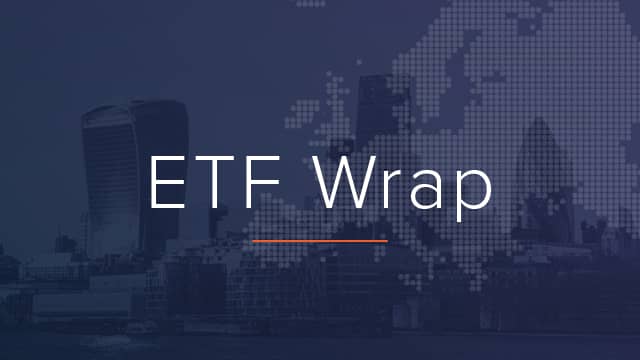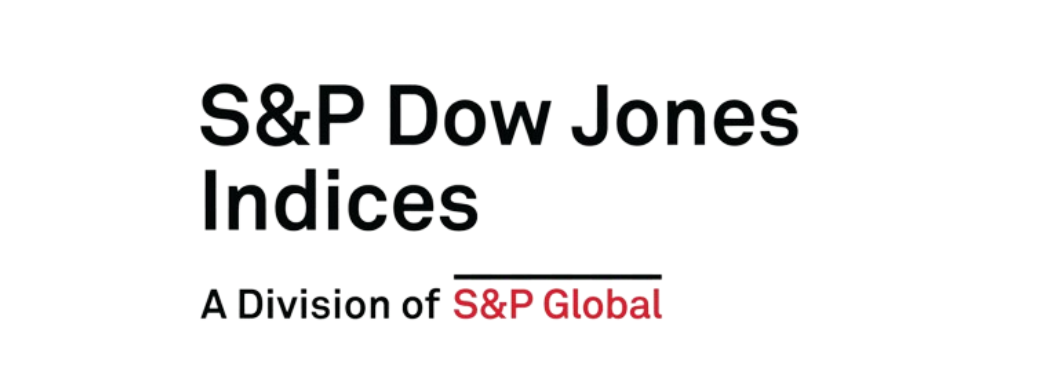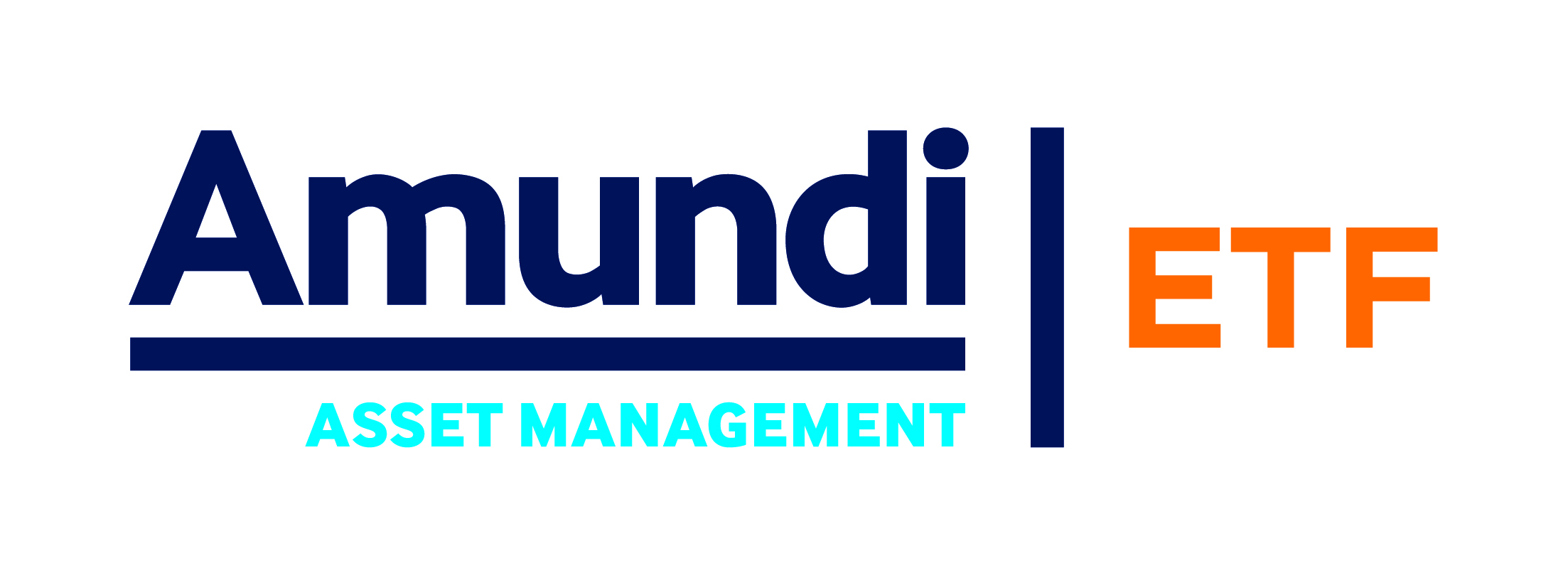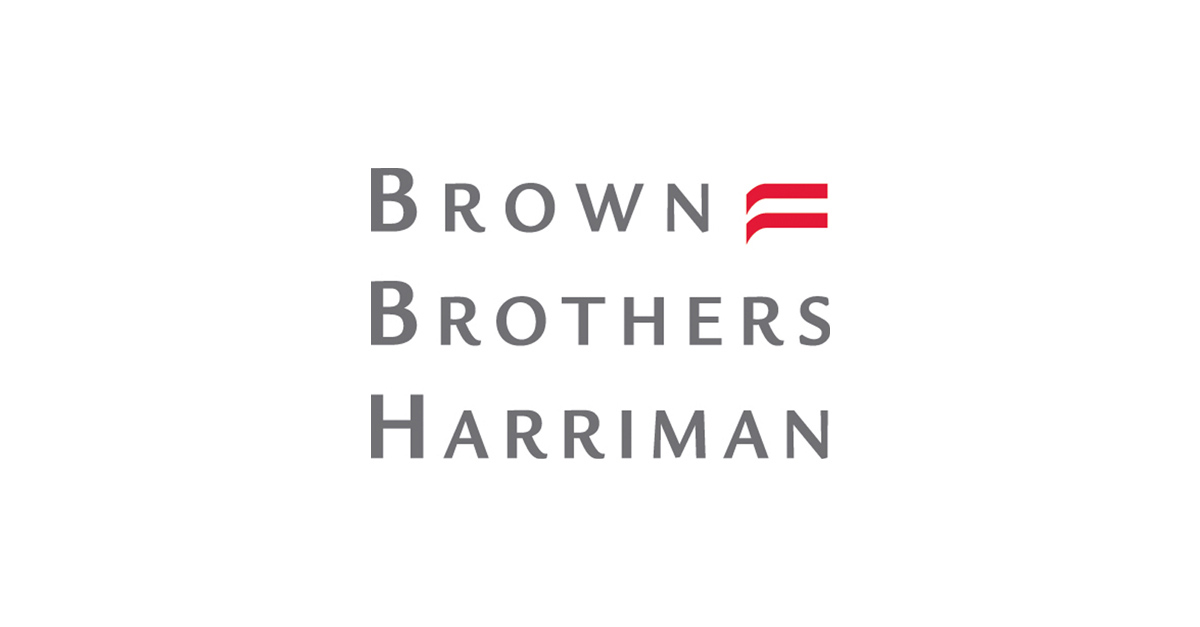The increasing demand for active ETFs, as highlighted by the recent Brown Brothers Harriman (BBH) survey, may be misplaced with the majority managers continuing to underperform their benchmarks.
Last week, the BBH survey found 71% of European investors plan to increase their allocations to active ETFs over the next 12 months, with this number jumping to 83% in the US.
A key driver for the slight increase in demand in the US is the non-transparent ETF structure which allows asset managers to wrap strategies in ETF format and not giveaway their ‘secret sauce’.
While there are tax advantages to owning an ETF versus a mutual fund in the US, the move makes little sense in Europe with active managers still beholden to the same underperformance risks they face in the mutual fund structure.
Highlighting this, an overwhelming 96.4% of euro-denominated and 89.7% of sterling-denominated global equity funds in Europe were beaten by the S&P Global 1200 index over the past decade while 94.9% and 94.7% of euro and sterling US equity funds were outstripped by the S&P 500.
Furthermore, 83.2% of euro-denominated and 74.2% of sterling-denominated Europe equity funds – and 62.1% of UK equity funds – were also beaten by their respective S&P benchmarks.
Interestingly however, the key concern around active ETFs highlighted by European investors is trading volumes (33%), with less focus given to arguably more pressing areas such as performance (24%) and expense ratios (24%).
Will climate metrics steal ESG’s limelight?
Given the prominence of green issues and the arrival of new performance-measuring frameworks in recent years, it should come as little surprise to anyone that climate metrics have been gaining traction. The question is, does this newfound prominence come at the expense of broader ESG metrics?
This week, Amundi switched nine ESG ETFs with €13bn assets under management (AUM) to equivalent Paris Aligned Benchmark (PAB) and Climate Transition Benchmark (CTB) indices.
This followed similar moves by other issuers including BlackRock and BNP Paribas Asset Management, which added EU climate benchmarks to $9bn and €9bn of their ESG ETF ranges, respectively.
For now, existing ESG products are being overlaid with more tangible key performance indicators (KPI) set out in EU climate initiatives. Over time, it will be interesting to see whether the latter becomes the default for sustainable investors in Europe, given climate issues tend to have primacy over social and governance.
Russia ETFs go dark
With exchanges suspending trading of Russian securities and issuers halting creations and redemptions on Russia ETFs, liquidity on listed Russian equities and bonds has frozen over.
In a further sign that the fate of Russia-focused financial instruments are now playing a waiting game that may go on for some time, asset managers have begun forgoing fees on their Russia ETFs, implying resumption of business as usual may be some way off.
Last week BlackRock and DWS waived fees on their suspended Russia ETFs. This week, Invesco followed suit but others with Russia ETFs – HSBC Asset Management and Amundi – are yet to take similar steps.
ETF Wrap is a weekly digest of the top stories on ETF Stream
Related articles










